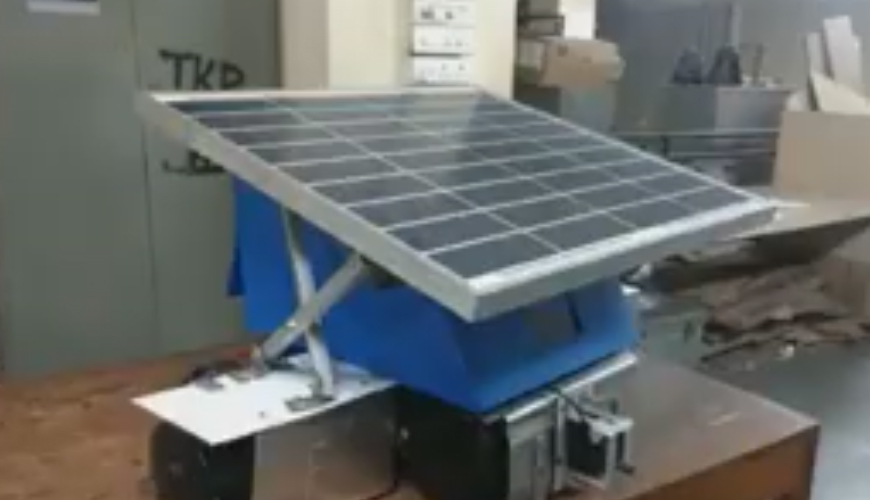World Water Monitoring Day
On this day, we would like to share this amazing project developed by our executive committee member Nirav Shah and his team members. If successfully developed this project could be of great help in monitoring the water bodies for urban wildlife like crocodiles, turtles, etc.
An engineering project named 'Autonomous Water Rover' was developed as a working prototype at K.J. Somaiya College of Engineering and has shown the possibility of successfully implementing such a system in inland water bodies like lakes and ponds.
The rover was designed to carry out missions in the lake and estuarine environments. Lake water monitoring and sensor data acquisition are the most important objective for the system, among Emergency Relief aid and videography too. Sensors to measure pH, temperature, turbidity, conductivity and onboard cameras were integrated and tested in two locations in Mumbai.
Payload delivery was tested in a semi-controlled environment in a swimming pool. They successfully tested data acquisition for bathymetry and environment monitoring. The project is an ongoing research activity for the development of a low-cost solution for lake monitoring in Indian cities and villages.
The different abilities of the AWSR can be enhanced and upgraded to suit the challenges in different ecosystems and for various applications. Marine robotics is a fairly new and upcoming field in India with large implications for understanding societal problems.
Emerging marine robotics developments can empower engineers and scientists with advanced tools to explore oceans, in a sustainable fashion. The smaller water ecosystems are equally important and therefore must be conserved responsibly.
The availability of such low-cost systems can prove to be a very powerful tool in a developing country like India.
The members of the project were Nirav Shah, Chirag Shah, and Abhishek Rai. Projects like these in various sectors have the capacity to transform our Earth for the better again because in doing so we not only learn more about Mother Nature but also ensure a sustainable future for all living things.

18
Sept 2019
World Water Monitoring Day